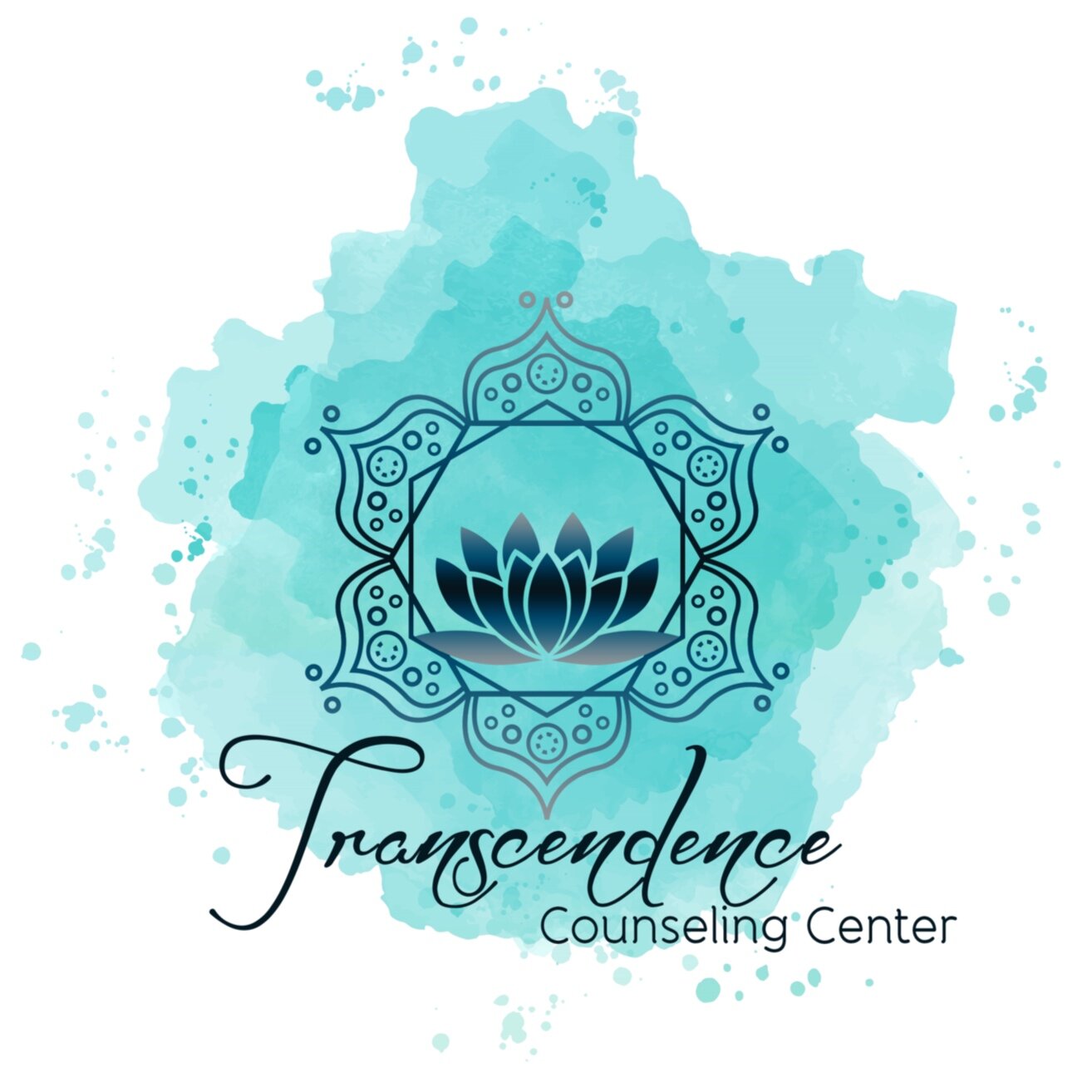5 Signs You Need to Take a Mental Heath Day
Transcendence Counseling Center LLC
Mental Health Matters
Most of us don’t hesitate to take a day off when we are sick with the flu. We curl up in bed with tissues and orange juice, binge-watch Supernatural, and rest our bodies. We announce to our boss, our coworkers, and social media that we are ill and taking a break. We are inundated with messages of “get well soon” and “feel better”.
Our mental health is rarely treated with the same concern and respect. When we disclose feeling anxious or sad, we are often told “everyone has problems”, “get over it”, or “stop being dramatic”. Our struggles are minimized. We are blamed for our symptoms or accused of not trying hard enough to manage them. Imagine telling someone with bronchitis, “Have you tried not coughing?”. It usually doesn’t happen.
Mental health days
Anyone who has tried to “power through” an illness knows that doing so often worsens symptoms and delays progress, ultimately prolonging the illness. The quickest way to heal is to rest your body and take care of yourself.
Mental health days give us time away from work or school to practice the self-care we need to get back on track. It allows us to heal our minds and bodies.
Signs it’s time to take a break
Your body feels heavy. People tend to think of depression as just sadness. While feeling sad is a large part of it, depression also affects energy. So, you may be depressed if it’s taking more mental and physical effort to move your body, even in the absence of sadness.
You have to talk yourself into going to work. Does it take you several minutes to actually leave your car after you arrive in the morning? Often this type of avoidance is a sign that something is wrong. This could be from a work-life imbalance, anxiety, boredom, or lack of support at work, among other reasons.
You fly off the handle easily. Do you suddenly find yourself feeling more irritable or even lashing out at your friends and family? This could signal mental overload from pent up emotions or thoughts.
You are crying more than usual and you don’t know why. Unexplained crying is a telltale sign of being overwhelmed. It often means that some emotion that has been suppressed can no longer be contained or controlled.
You can’t fall asleep at night. Being overworked or overwhelmed can cause exhaustion. However, extreme exhaustion often makes it harder to fall asleep. Combine that with an overactive brain and that is a recipe for sleepless nights.
Want to start therapy but are afraid of getting started? Check out Common Misconceptions About Psychotherapy!


